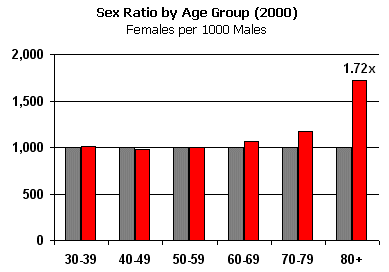By Vivienne Wee
How did you react when you heard in July that a woman was about to be caned in Malaysia? Did you think something like this? “What’s so bad about drinking beer? These fundamentalists are too much.” But did you think that what was to happen to Kartika had anything to do with you? No?
Actually, the sentence of caning imposed on Kartika is relevant to you. Perhaps you may say, “But I’m not even Muslim. Why should I care?” Or you may say, “I am unlikely to be caned. So what does this have to do with me?”
To use an analogy, even if you are yourself not a victim of domestic violence, does this mean that you don’t care whether domestic violence happens? If only those who suffer are to care about their condition, then there is no need for AWARE to have a hotline.
The AWARE hotline says: “Call us, we care.” We imply that we care for all women, not just some women. Perhaps you may say, “But Kartika didn’t call us. What is more, she even accepted the sentence of caning.”
True, Kartika did resign herself to being caned just to get it over and done with. This did cause some to hesitate about whether to speak out against the sentence of caning. There was a debate about this in email conversations that spanned Singapore, Malaysia, Indonesia, Hong Kong, Thailand, India, South Africa, Uzbekistan, France, UK and other countries.
Are you surprised at the number of countries mentioned? Yes, there was international concern about this sentence of caning of one woman in Malaysia. Letters were being written to Malaysian ambassadors all over the world, not to mention the attention of the international media.
Farish Noor (Senior Fellow, S. Rajaratnam School of International Studies) noted:
The conservative Islamists of Malaysia … simply do not seem to understand how and why the international community is upset with the idea of a woman being caned for drinking a pint. …The Mufti of Perak, Harussani Zakaria…even asked why there was such a fuss being made about a woman being caned six times when, in his opinion, the punishment ought to have been 80 lashes instead?
Why was there international concern even though Kartika herself had accepted the sentence? In the email exchange between feminists across countries, the following point was made by Shanti Dairium (former member of the UN Committee for the Elimination of All Forms of Discrimination Against Women [CEDAW] and founder of International Women’s Rights Action Watch, Asia-Pacific):
The fact that she [Kartika] does
not want to appeal is not the main consideration. It is not only about her individual rights being violated and securing a treatment for her that protects her human rights…. The important issue here is the deterioration of human rights standards as applied by the State. If the caning takes place, a bad precedent is set. Furthermore if a person accepts a certain treatment that violates human rights and harm is done to her, human rights defenders cannot stand by and say it is her choice. Take the case of sati in India; there were also arguments that if a widow chooses to immolate herself then there should be no interference. We have to act against anything that will contribute to normative standards that go against human rights.
Perhaps you may argue: “But 6 strokes of the cane would not have killed the woman. It’s not as bad as sati where the woman is burnt alive.” Does this mean we should accept practices that inflict violence as long as these do not kill?
At its 61st Annual General Meeting (17 March 2007), the Malaysian Bar called for the abolition of whipping as a punishment for any offence as it is “anachronistic and inconsistent with a compassionate society.” However, the deputy president of Parti Islam Semalaysia (PAS), Nasharudin Mat Isa, has spoken against the Malaysian Bar’s resolution by justifying whipping as enshrined in the Quran and Hadith.
Whipping is also mentioned as a punishment in the Jewish Talmud and the Old Testament of the Christian Bible (Deuteronomy 25:2). Chinese imperial law legalised many forms of torture, including whipping. (See Tradition of the law and law of the tradition: law, state and social control by Xin Ren 1997). Indeed, ancient legal codes are replete with cruel, inhuman and degrading punishments. But should any of these ancient legal codes be used to justify such punishments today?
In 1984, the United Nations General Assembly adopted the Convention against Torture and Other Cruel, Inhuman or Degrading Treatment or Punishment. This Convention developed out of article 5 of the Universal Declaration of Human Rights (adopted by the UN General Assembly in 1948) and article 7 of the International Covenant on Civil and Political Rights (adopted in 1966). Both these articles “provide that no one shall be subjected to torture or to cruel, inhuman or degrading treatment or punishment.”
Despite these international Conventions, we are nevertheless encountering a growing proclivity among some to justify “anachronistic” punishments in the name of ancient legal codes, often associated with fundamentalist interpretations of religion. The result is the making of “normative standards that go against human rights.”
That is why the sentence of caning imposed on Kartika concerns us. If she were to be caned, not only would she be the first woman ever to be caned in Malaysia, she would be so punished on the basis of a particular interpretation of sharia law. It is quite clear that this is just a particular interpretation, because in Malaysia, only three states (Pahang, Perlis, and Kelantan) impose whipping as a punishment on Muslims for drinking, while in the other ten states, they are merely fined.
It is also clear many Muslims in Malaysia disagree with such a punishment. Women, Family and Community Development Minister Datuk Seri Shahrizat Abdul Jalil stated, ““The overriding view was that the sentence meted out was too harsh and is not commensurate with the offence…. This one particular case could have damaged the image of Malaysia in its fair and just implementation of the Shariah law…. I feel the person concerned should appeal to the state authorities and not be so willing to accept the punishment.” (New Straits Times 25 August 2009). Even the Malaysian Prime Minister Najib Razak has urged Kartika to appeal the sentence.
“Very interesting,” you may be saying, “but all this is happening in Malaysia. So why does it concern us in Singapore?” Kartika is a Malaysian citizen and a Singaporean permanent resident. So what happens to her is of concern to us as Singaporean citizens and permanent residents.
Moreover, what happened to her can also happen to a Muslim woman who is a Singaporean citizen and who is found drinking in one of those three states. The President of the Malaysian Syariah Lawyers Association, Mr. Mohd Isa Abdul Ralip, pointed out: “All Muslims, regardless of whether they are tourists or Malaysians, are subject to local Islamic laws” (The Straits Times, 24 July 2009).
If Kartika were to be caned, it would set a dangerous precedent for the caning of Muslim women in Malaysia, “regardless of whether they are tourists or Malaysians.” As noted by Farish Noor, “The costs of caning Kartika are simply too high, and should that line be crossed the country would have jumped one rung up the Islamisation ladder yet again.” This would have serious implications beyond Malaysia.
For all these reasons, AWARE is right to have co-signed with seven Malaysian women’s organisations, one other Singaporean organisation (Maruah) and one Indonesian women’s organisation, a letter sent to the Office of the High Commissioner for Human Rights in Geneva, addressed to the UN Special Rapporteur on Violence Against Women, the UN Special Rapporteur on Torture and Other Cruel, Inhuman or Degrading Treatment or Punishment, and the High Commissioner for Human Rights.
We are glad that the voicing of national and international concern seems to have produced a tentatively positive result. The caning is now deferred, pending a legal review. However, the saga is not over. On 11 September 2009, the Pahang Islamic Religious Department announced that it is still prepared to proceed with the caning of Kartika Sari Dewi Shukarno after Hari Raya Aidil-fitri. But the implementation of the punishment would depend on the review by the Kuantan Syariah High Court Appeals Panel, expected to be concluded after Raya. So we still have to wait and see what the outcome of that review will be.
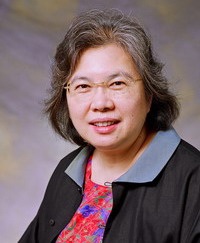 The writer is a founder member of AWARE, an anthropologist and, needless to say, a feminist.
The writer is a founder member of AWARE, an anthropologist and, needless to say, a feminist.







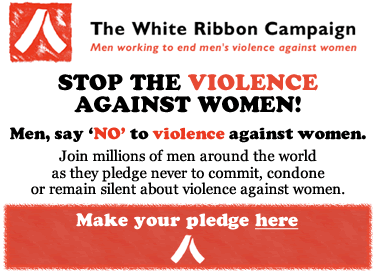

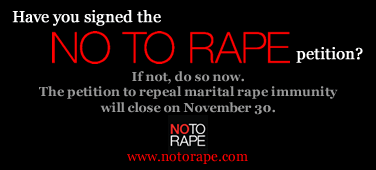
 When I becomes we, what happens to your finances to your finances as an individual and as a couple? Is it a case of share and share alike, or What’s yours stays yours, what’s mine stays mine?
When I becomes we, what happens to your finances to your finances as an individual and as a couple? Is it a case of share and share alike, or What’s yours stays yours, what’s mine stays mine?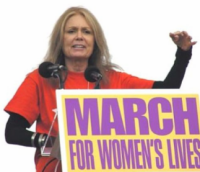
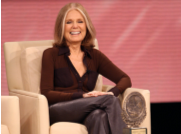
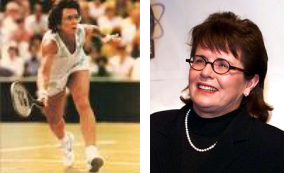


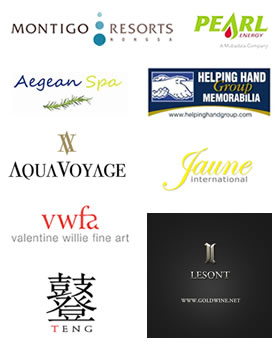
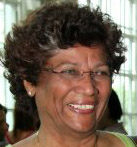 Constance Singam holds an MA in Literature. She is a teacher, social activist and writer. She was the president of AWARE, a past president of the Singapore Council of Women’s organisations and a founder member of TWC1, TWC2 and MediaWatch.
Constance Singam holds an MA in Literature. She is a teacher, social activist and writer. She was the president of AWARE, a past president of the Singapore Council of Women’s organisations and a founder member of TWC1, TWC2 and MediaWatch.
 The writer is a founder member of AWARE, an anthropologist and, needless to say, a feminist.
The writer is a founder member of AWARE, an anthropologist and, needless to say, a feminist.